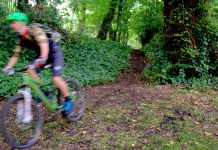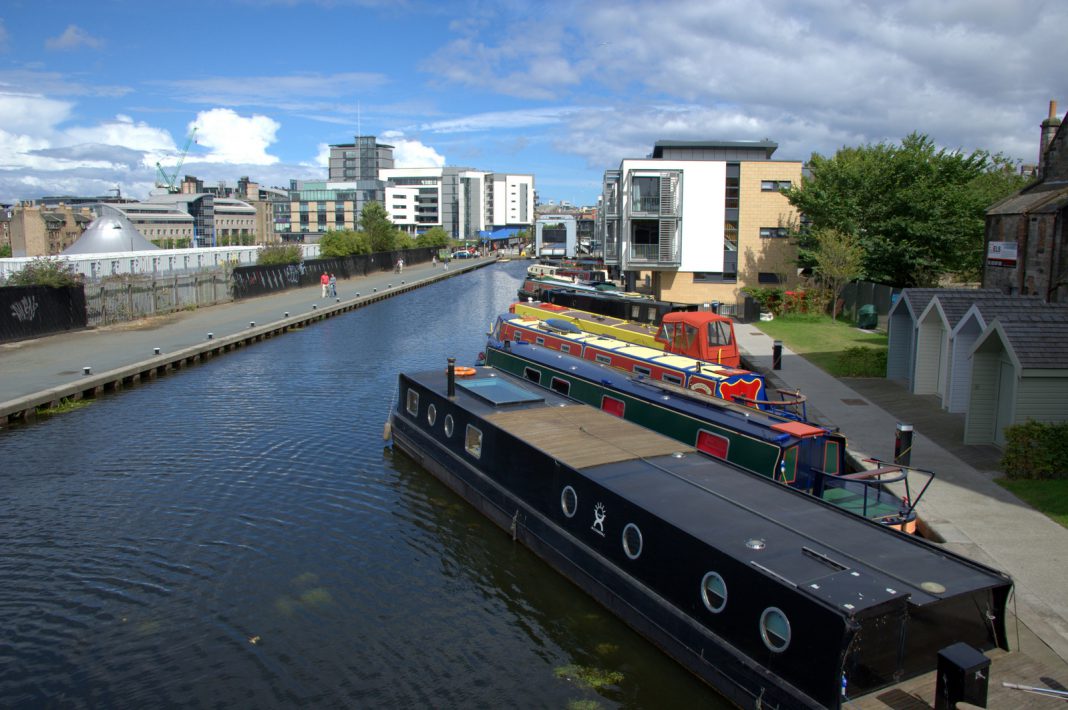(Last Updated On: 9th April 2019)
One of the things I love about Edinburgh is that the outdoors is right at your fingertips. Jump in a car and in minutes you’re in the Pentland Hills. Jump on a bicycle and in minutes you could be on one of the many scenic bike paths. And jump on a bus for a few minutes and you could be going for a stroll along the Union Canal, a stretch of water which had a huge part in Edinburgh’s growth in the 1800’s.
Today the Union Canal is predominantly used by residents out for a walk or schools and universities practicing their rowing, but in the 19th century, when the Industrial Revolution saw Edinburgh boom, the Union Canal was of immense importance. Well, for a short time anyway.
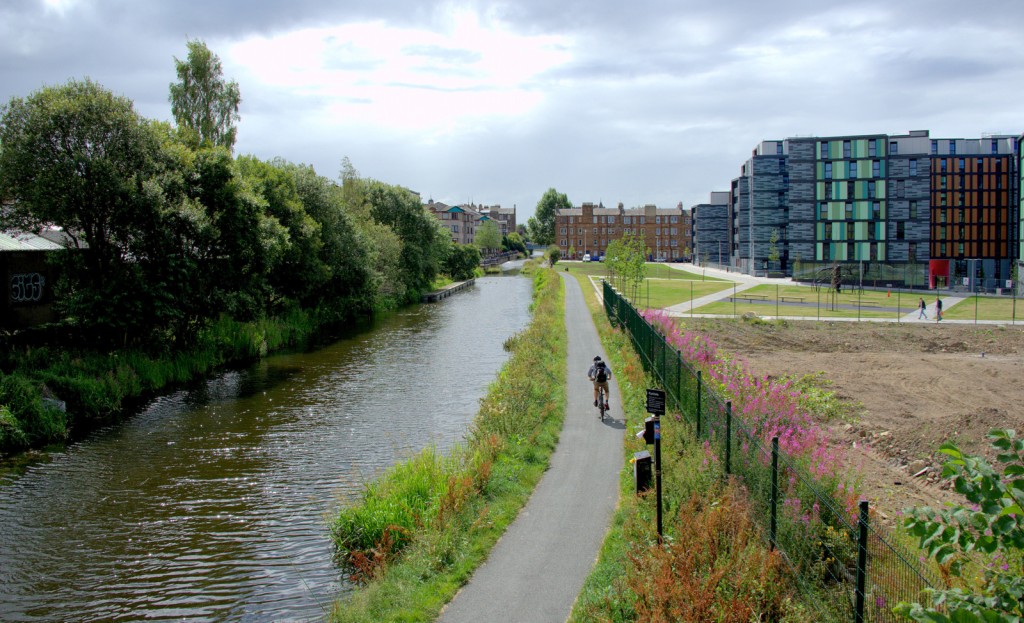
Opened in 1822, the Union Canal runs 32 miles from Falkirk to Edinburgh. It was built to connect to the eastern end of the Forth and Clyde Canal so goods could be transported safely between Glasgow and Edinburgh. Coal, lime, wood, stone, sand and brick were ferried to Edinburgh, and was needed in abundance by the many new industries in the thriving city.
Unfortunately, a mere 20 years later saw the opening of the Edinburgh and Glasgow Railway in 1842. The speed of this new form of transportation pretty much made the canal obsolete. Boy I’d hate to be the person who hadn’t heard of the railways and thought it’d be a great idea to invest heavily in ferry boats in the 1820’s. By the 1930’s the Union Canal was no longer used for any kind of transportation.
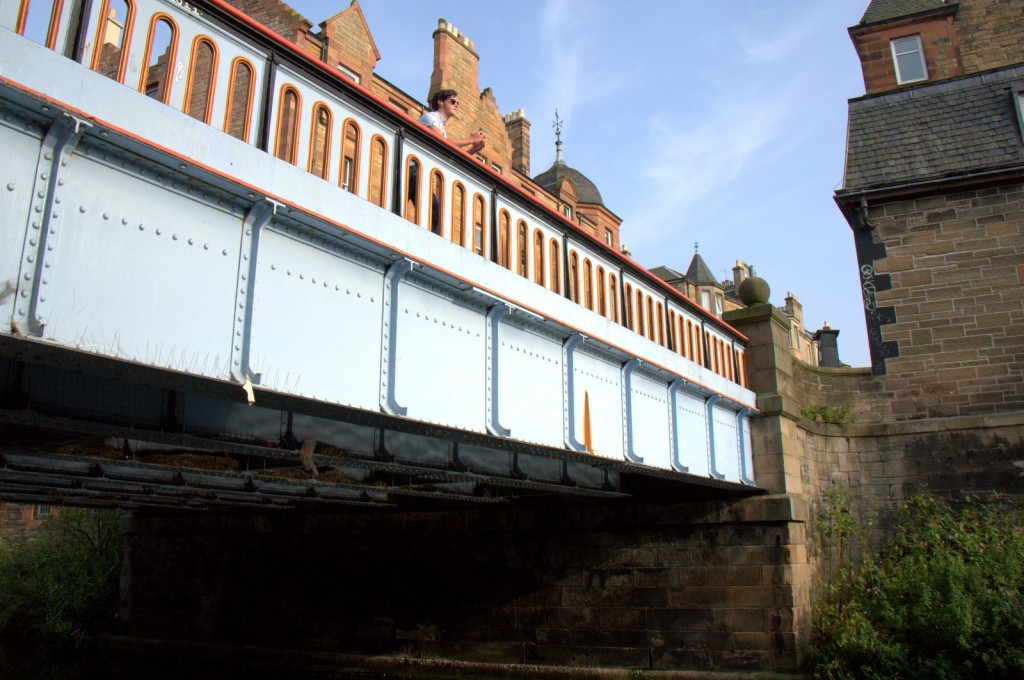
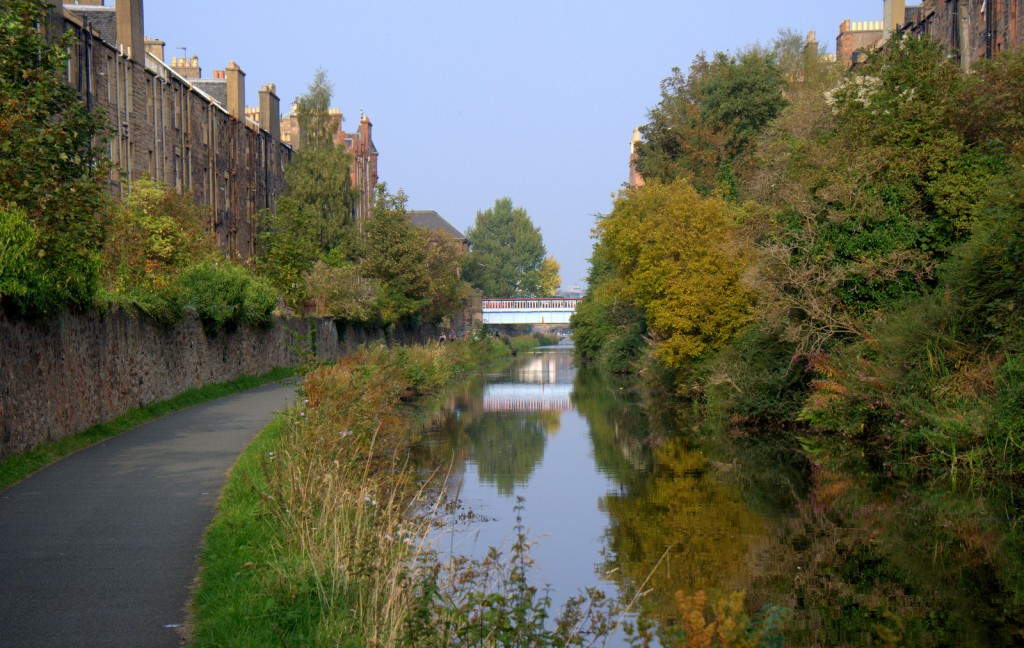
If you like your trivia, the canal also has two rather deadly points of interest; one tragic, the other murderous. The tragic one involves Georke Meikle Kemp, the designer of the Scott Monument (the Gothic looking, red-ish, Eiffel Tower-ish construction that dominates the east end of Princes Street). He drowned in the canal just a few months before the completion of his masterpiece in 1844 when the Edinburgh Haar (fog) caused him to lose his footing and fall in. The murderous one involves one of the Irishmen who migrated to Edinburgh to work on the canal while it was being built. Among the many Irish who came seeking work was William Hare, one half of notorious Edinburgh serial murderers Burke and Hare.
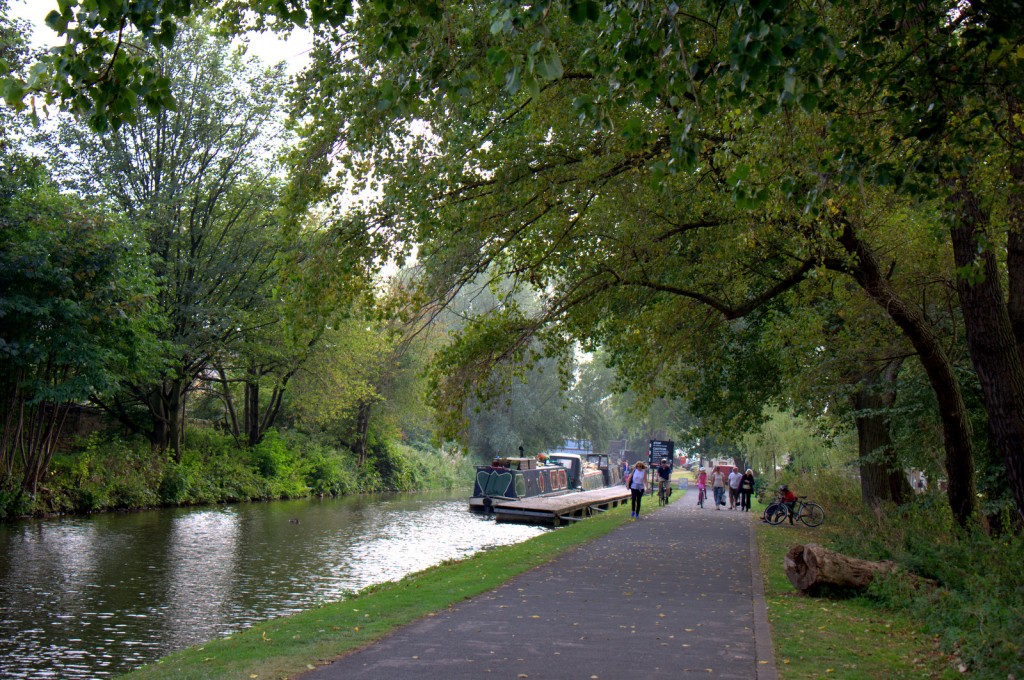
Standing unused and unloved for more than half a century, it wasn’t until 2000 and the Millenium Link project (featuring the awesome engineering marvel that is the Falkirk Wheel – basically a giant Ferris Wheel for boats) that the Union Canal was once more connected to the Forth and Clyde Canal. Today its main trade is leisure boats taking passengers from Edinburgh to Glasgow.
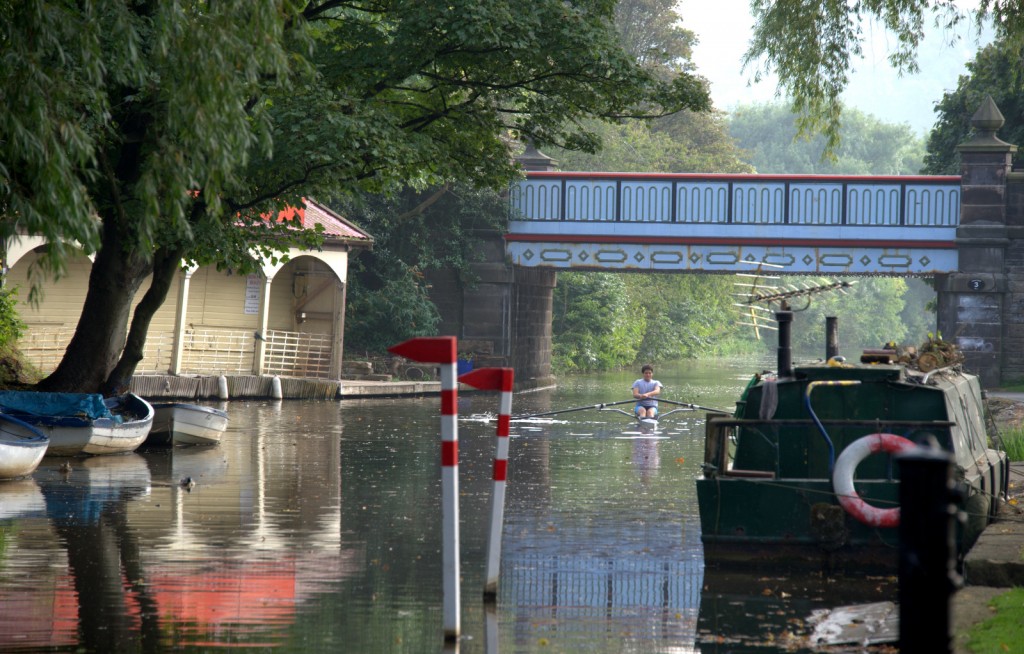
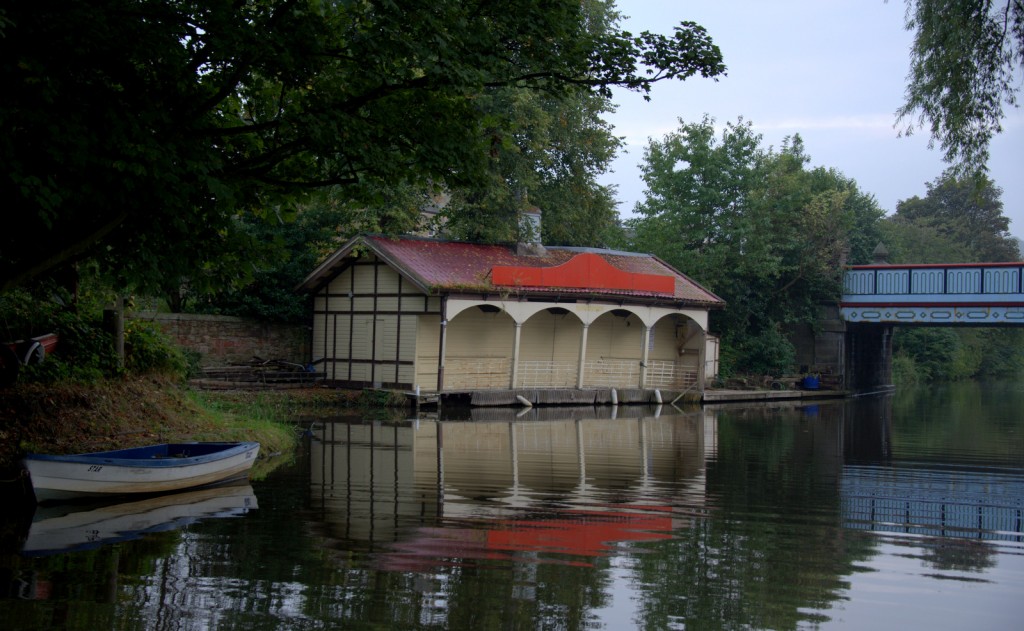
So, fancy a stroll? Or a cycle? For visitors to Edinburgh it’s probably easiest to start off in Edinburgh Quay in Fountainbridge at the Lochrin Basin where the canal starts (or stops). From there you can walk or cycle as far as your legs can take you.
Stuff to Know
Getting to Fountainbridge – Buses 1, 34, 35 for Dundee Street or it’s a 10 minute walk from Haymarket station.
Very close to the start of the canal at Edinburgh Quay is Bike Trax who have hybrid bikes for hire.
If you’re at the Quay, no doubt you’ll see the Edinburgh Printmakers building It’s well worth wandering over to have a look.










